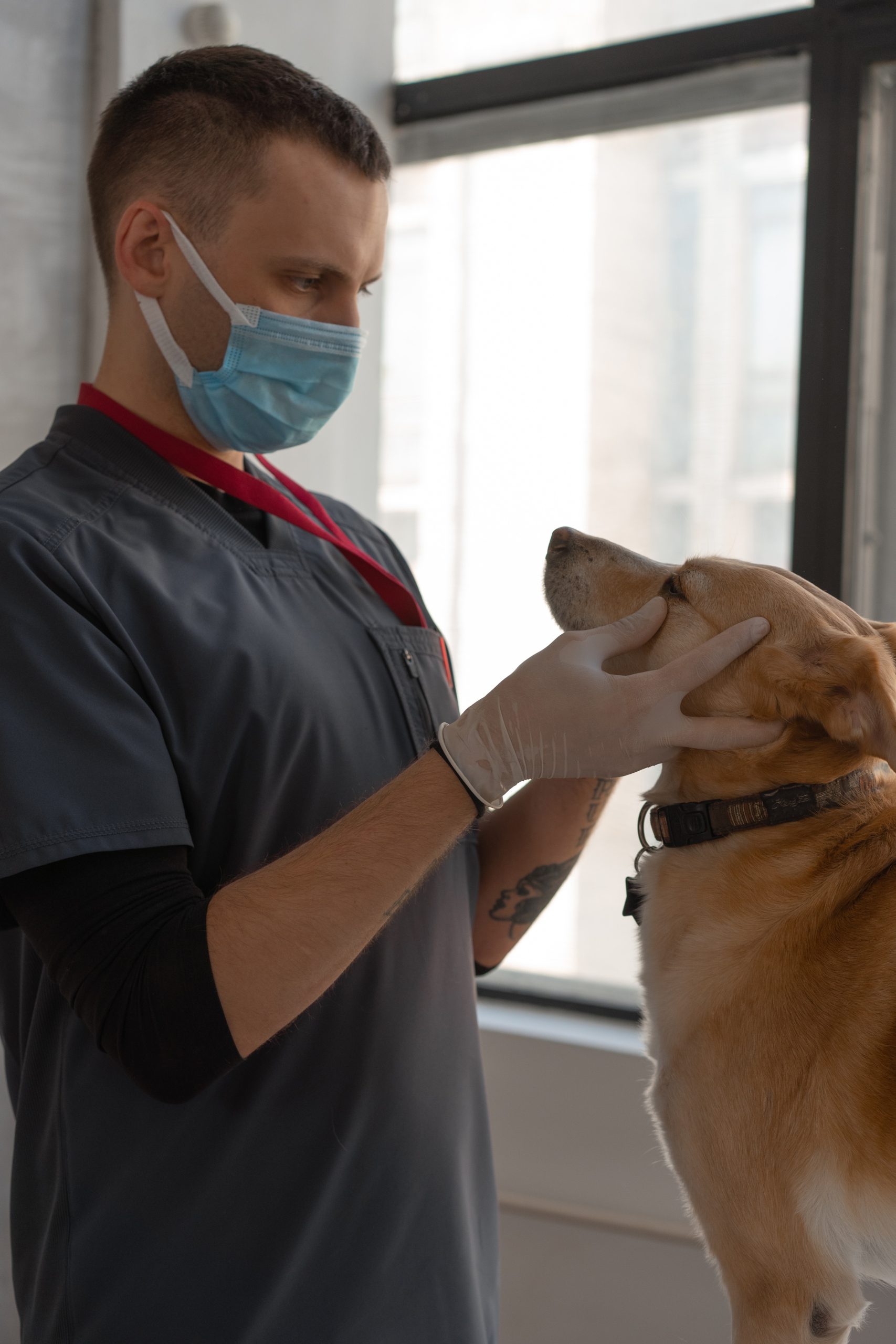Emergency veterinary care comprises immediate medical attention and treatments for pets facing a crisis. From accidents and injuries to sudden illness, such services are critical. It includes diagnostics, surgery, and hospitalization, providing life-saving interventions. Accessing these services can significantly influence your pet’s recovery. Emergency care signifies a vital element of pet ownership, safeguarding your pet’s health and offering tranquility.
Determining the Need for Emergency Vet Services
Recognizing signs of distress in your pet can be the difference between life and death in emergencies. As a pet owner, understanding the signs of common pet emergencies can help you know when to seek the help of professional care for pet emergencies.
Common Signs of Distress in Pets
Pets communicate distress through various behaviors. It’s essential to monitor your pet and look out for changes that could indicate a problem, such as:
- Unusual or excessive drooling
- A sudden decrease or loss of appetite
- Difficulty breathing or unusual panting
- Suddenly becoming more reclusive or hiding
- Extreme fatigue or lethargy
Emergency Medical Situations for Pets
While every pet is unique and experiences vary, some situations almost always warrant visiting emergency vet services. If your pet is experiencing any of the following, immediate action is necessary:
- Accidental ingestion of toxic substances
- Physical trauma, such as being hit by a car or falling from a significant height
- Sudden collapse or difficulty standing
- Severe vomiting or diarrhea, especially if accompanied by blood
- Difficulty urinating or defecating
The Role of Early Detection in Pet Emergencies
Recognizing and promptly addressing health emergencies in pets can drastically improve outcomes. Here’s why:
- Allows for immediate treatment: Early recognition of these symptoms can lead to prompt treatment, potentially mitigating the severity of the illness or injury.
- Prevents further complications: Some conditions can worsen if left untreated, leading to more serious health problems.
- Increases the chances of successful treatment: In some cases, rapid treatment can significantly increase your pet’s chances of full recovery.
Ultimately, the goal should always be to provide the best care possible for our pets. By being armed with knowledge about common pet emergencies and the role of emergency vet services, pet parents can make informed decisions about their pet’s health that could potentially save their life.
Types of Emergency Veterinary Care
After-Hours Vets
After-hours vets operate when most regular veterinary offices are closed. These vets are crucial in providing much-needed veterinary care during off-peak hours. For instance, a reputable veterinary clinic in Exeter, CA, might offer after-hours services to cater to pet emergencies during the weekend or late at night. Such local emergency vet services can be invaluable resources for pet owners.
24/7 Vets
At the frontlines of veterinary urgent care are 24/7 vets. These veterinary facilities offer round-the-clock care, ensuring immediate help is available whenever needed. The high level of care and uninterrupted service these facilities provide are part of the multi-faceted nature of emergency animal healthcare services.
Specialized Emergency Veterinary Services
Specialty Services in Veterinary Care
In some emergencies, your pet may need specialized care. Vet specialties can range from cardiology and neurology to orthopedics and surgery. Specialty services in veterinary care are often integral to critical pet care, especially when dealing with complex health issues.
Critical Pet Care
Veterinary professionals go beyond general treatment to offer life-saving pet care in severe instances. Critical care encompasses a range of procedures, such as surgical interventions, advanced medical therapies, and emergency medical attention for pets.
How to Prepare for Pet Emergencies
Formulating a Pet Emergency Plan
When preparing for pet emergencies, it’s crucial to have a well-thought-out pet emergency plan.
Here are simple steps to get you started:
- Identify and note down local emergency vet services: Have a list of easily accessible emergency veterinary clinics or hospitals in your area.
- Store convenient contact numbers: Include the numbers of your regular vet and those of emergency services.
- Set clear steps for different situations: Detail out actions for common emergencies such as choking, poisoning, or injuries. Readiness can be a lifesaver in crises.
Understanding Veterinary Urgent Care Costs
Veterinary urgent care costs may vary depending on the severity of your pet’s condition and the treatment needed. Understanding potential vet care costs is essential to avoid any unpleasant surprises.
Selecting the Right Emergency Vet Services
Choosing the Right Emergency Vet Facility
Choosing the right emergency vet facility can be influenced by many factors, including location, services offered, and the expertise of the vet staff. Life-saving services offered by an emergency animal hospital resonate with the importance when time is of the essence.
Pet Wellness Plans
One vital aspect of taking good care of your pet is maintaining their regular wellness checks and vaccinations. Canine and feline wellness plans help ensure that your pet’s vaccinations, screenings, and other preventive measures are up to date, reducing the possibility of common pet emergencies considerably.
Conclusion
The importance of professional care for pet emergencies cannot be overstressed. Whether in emergency veterinary clinics, after-hours vets, or 24/7 veterinary hospitals, ensuring that your pet receives immediate, high-quality critical care is necessary. It’s crucial to be prepared, choose the right veterinary services, and ensure that the welfare of our four-legged friends is always a top priority.

